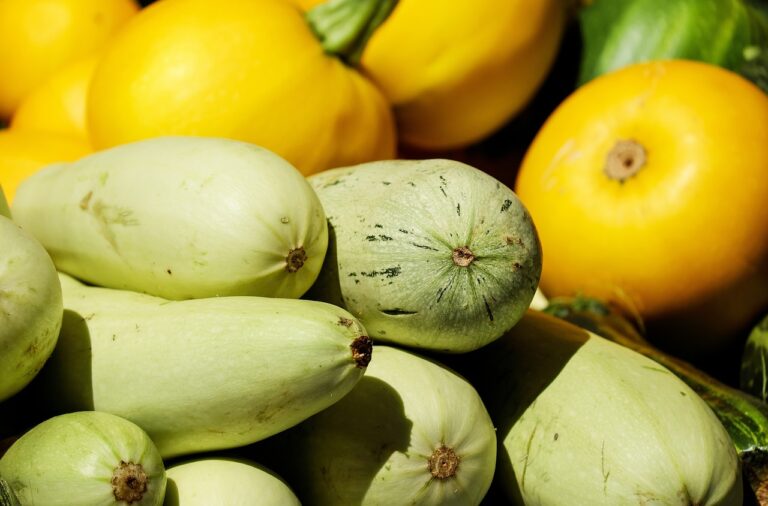The Future of Food Security: Innovations in Agriculture and Distribution
In an ever-changing global landscape, ensuring food security remains a paramount challenge for nations worldwide. As the world’s population continues to grow, the demand for food resources escalates, putting pressure on agricultural systems to produce more efficiently and sustainably. However, various factors such as climate change, water scarcity, and land degradation pose significant obstacles to achieving this goal.
The unpredictability of weather patterns, exacerbated by climate change, can lead to crop failures and yield losses, affecting food production and availability. In addition, limited access to water resources in many regions hinders agricultural productivity, especially for small-scale farmers who rely on rain-fed agriculture. Moreover, land degradation due to unsustainable farming practices further diminishes the capacity of lands to support crop growth, exacerbating the challenge of ensuring food security for growing populations.
Technological Advancements in Agriculture
Various technological advancements in agriculture have revolutionized the way farmers approach food production. Precision agriculture, for instance, has enabled farmers to optimize their resources efficiently by using data-driven techniques to monitor and manage field variability. This tailored approach not only increases crop yields but also reduces input costs and minimizes environmental impact.
Moreover, the integration of drones and satellite imagery in agriculture provides farmers with valuable insights into crop health and growth patterns. By utilizing these technologies, farmers can identify issues such as pest infestations or nutrient deficiencies in real-time, allowing for timely intervention and improved crop management practices. The use of such tools not only enhances productivity but also promotes sustainability in farming practices.
Sustainable Farming Practices
Sustainable farming practices play a crucial role in maintaining the health of our planet and ensuring long-term food security. By implementing methods that prioritize soil health, water conservation, and biodiversity, farmers can minimize their environmental impact and promote sustainable agricultural growth. Rotating crops, utilizing cover crops, and implementing integrated pest management are all strategies that contribute to the sustainability of farming practices.
In addition to environmental benefits, sustainable farming practices also lead to increased resilience in the face of climate change and other external challenges. Diversifying crops and adopting agroforestry techniques not only enhance soil fertility and crop productivity but also reduce the reliance on chemical inputs, ultimately fostering a more ecologically balanced farming system. As the global population continues to grow, the adoption of sustainable farming practices becomes increasingly vital in ensuring that future generations will have access to nutritious and affordable food.
What are some challenges in ensuring food security through sustainable farming practices?
Some challenges in ensuring food security include climate change, soil degradation, water scarcity, and the need for sustainable practices to increase crop yield.
How have technological advancements in agriculture helped in promoting sustainable farming practices?
Technological advancements such as precision agriculture, drip irrigation, and crop rotation have helped farmers improve efficiency, reduce waste, and minimize environmental impact.
What are some sustainable farming practices that farmers can adopt?
Some sustainable farming practices include organic farming, agroforestry, crop rotation, cover cropping, and integrated pest management.
How can sustainable farming practices contribute to reducing greenhouse gas emissions?
Sustainable farming practices such as no-till farming, agroforestry, and rotational grazing can help sequester carbon in the soil and reduce greenhouse gas emissions from agriculture.
What role do government policies play in promoting sustainable farming practices?
Government policies can incentivize farmers to adopt sustainable practices through subsidies, grants, and regulations that promote conservation and environmental stewardship.







